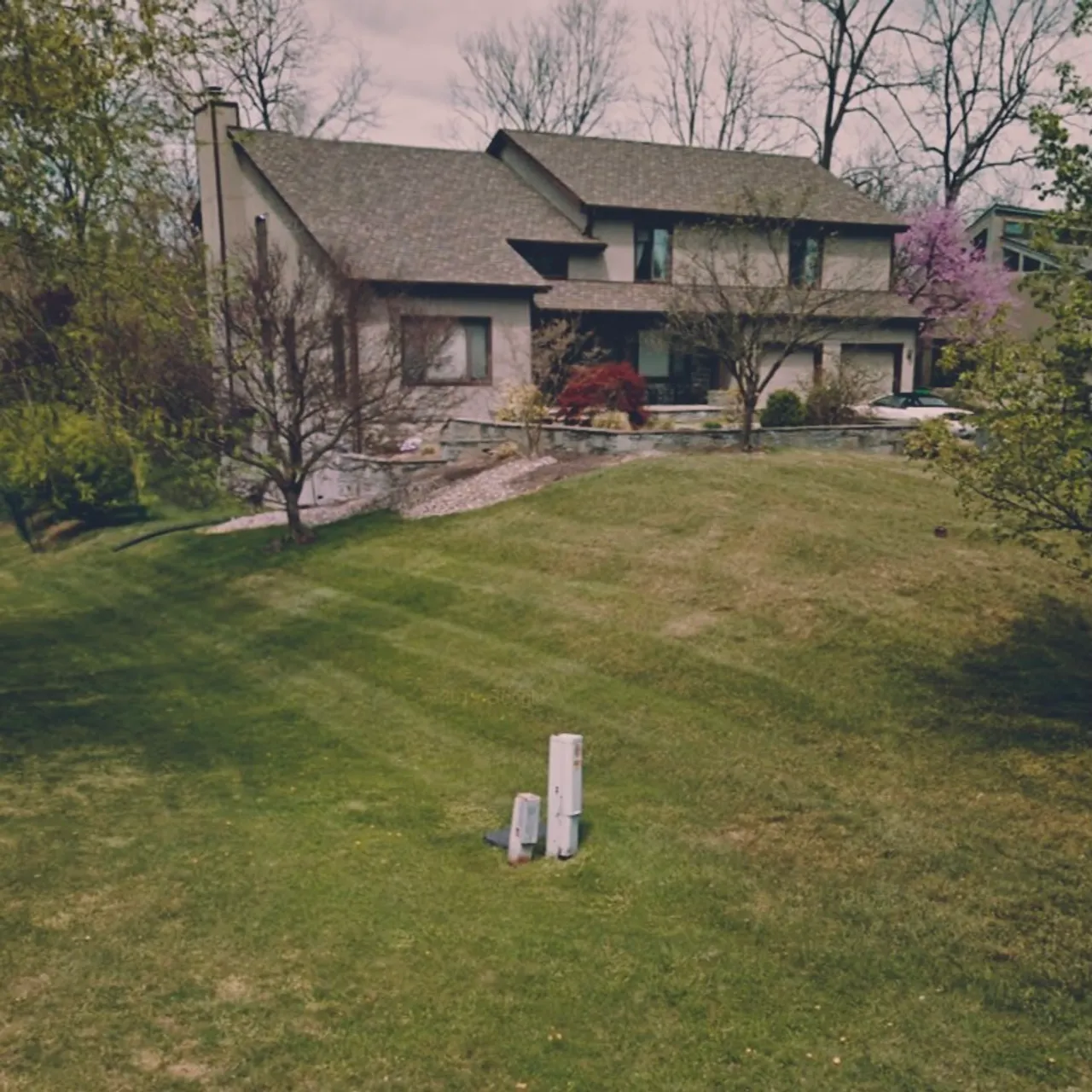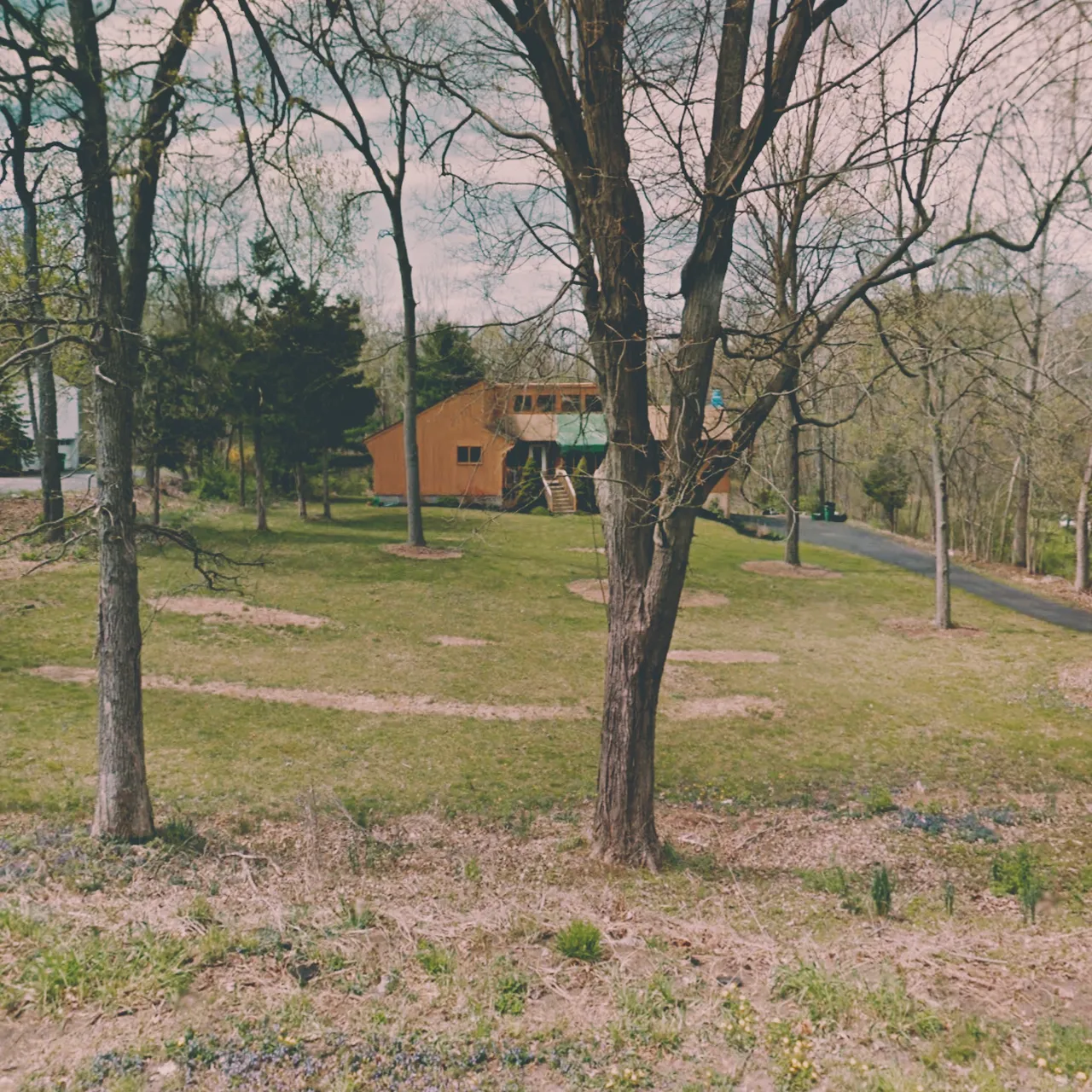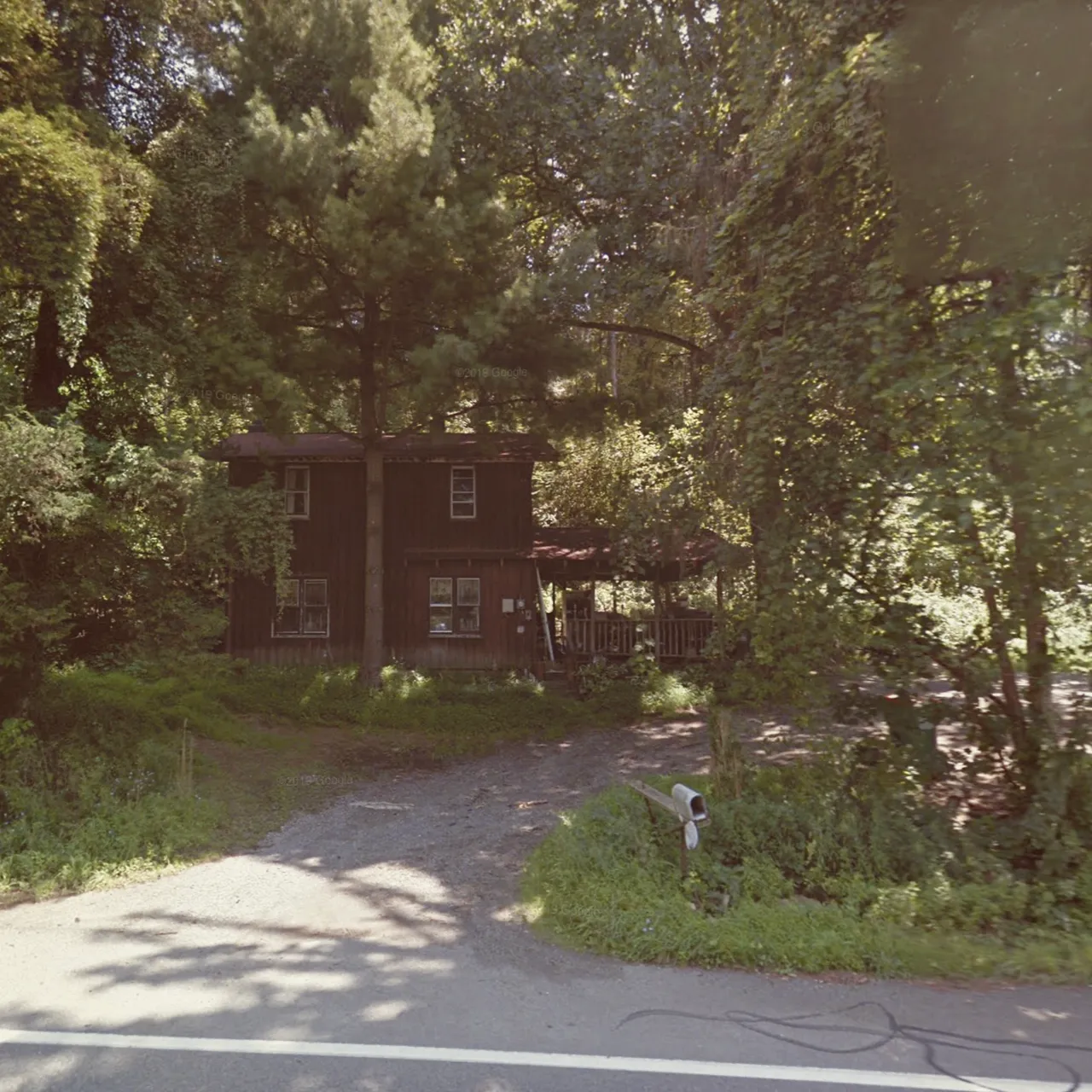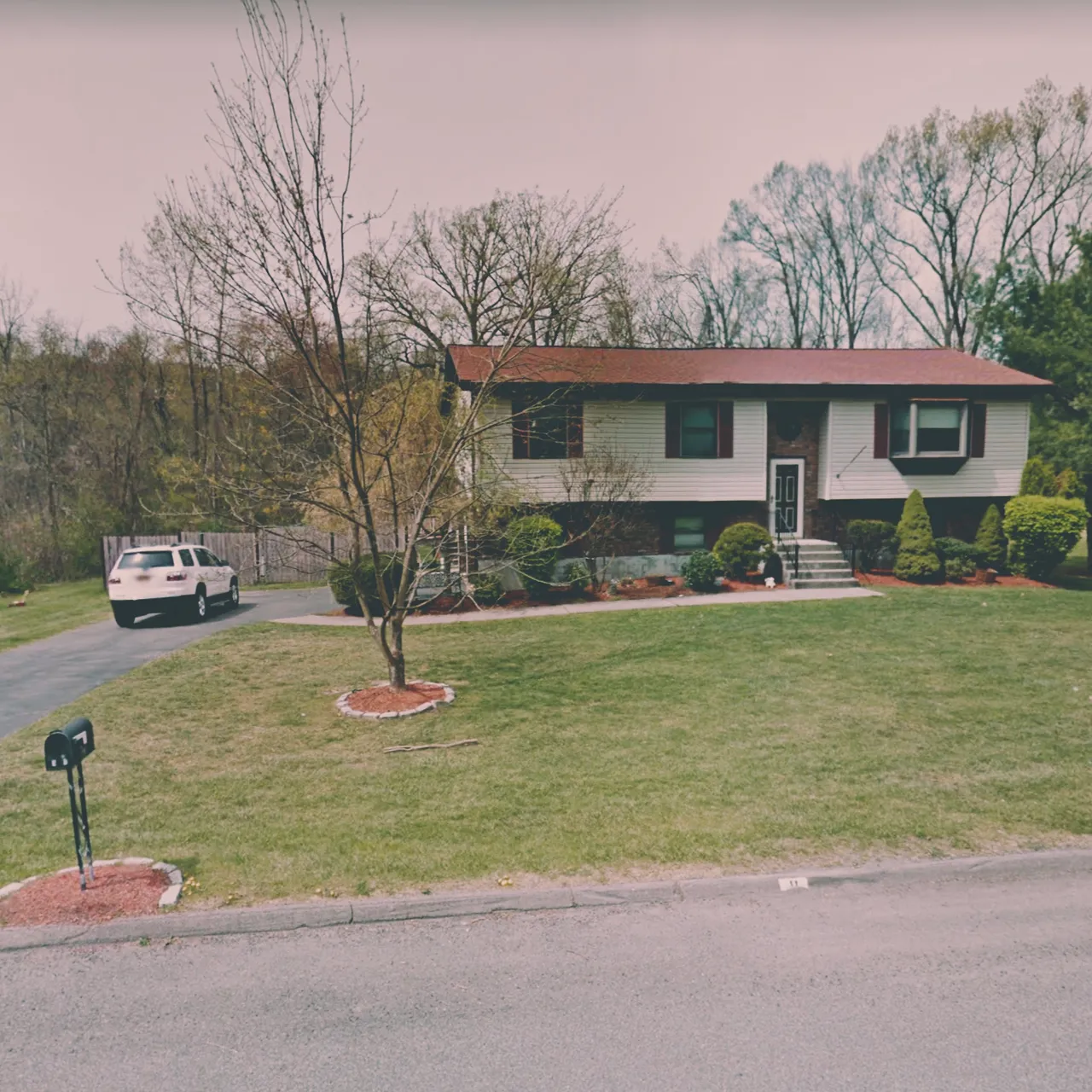Me, the Mayor
With my legs folded at the knee and pushed against the worn forest-green vinyl in front of me, I press back into the seat and lean my temple against the cool windowpane. As the school bus rumbles, the vibrations enter my skull and dissipate through my chest. I look out and trace a long driveway leading to a split-level house: red brick on the bottom, crisp white siding on top, maroon shutters; one acre of thick grass, neatly trimmed at the edges; each oak in the yard surrounded by a circle of red mulch, six feet in diameter. Clean, tidy, I like this one. It can stay the way it is.
The bus creeps forward. I peer at the next house, an old colonial. I notice tangled brush near the porch and trim it, editing the image in my mind. I spot a dead patch of grass and fill it with a gentle flick of thought. We start moving more quickly and one yard flashes to the next, a procession of properties for me to evaluate. Most of them are in need of some repair. I wrestle weeds out of driveway cracks. I levitate fallen slats from country fences. I power-wash weathered siding and lay coats of fresh paint. I tug down the wires from tall utility poles, and stuff them into the ground. I delete a downed tree, stump and all, as if I was a wizard with a magic wand, guiding things into their proper place.
It smells unpleasant on this bus: grease, sweat, and the hot vinyl of the seats. It’s loud too: a cacophony of conversation, of kids smacking windows open to let in an extra whistle of wind, the belch of air from the door’s compressor. We hit a bump. My head briefly lifts, then smacks back into the glass with a thud. The window rattles violently. Pothole. I fill it in, with anger now. I’ll tame nature’s creep with a generous flick of my wand, but other things just piss me off, like potholes: it’s someone’s job to fix those. Or whenever I spot heaps of scrap and junk in a yard: someone piled that there, and then left that there. I hate these man-made eyesores: the silver-green utility meters protruding askew from an otherwise spotless lawn, exposed propane tanks, crooked mailboxes, rusted out junker cars—human carelessness, disorder, abandonment. In these cases, I imagine I am Mayor, twelve years old with absolute power to command my townspeople to clean it up, to “Fix it, now!”.
I spot a bright blue tarp behind an old ranch house, its edges flapping in the wind. I drag it away with a sigh. That’s all I can set right today; this is exhausting. As Mayor, I’ll need deputies.
If it were up to me, I’d put everything in its place. And when it was up to me, I did. The day before, I’d marched through my house and cleared the kitchen counters, folded the living room blankets into perfect rectangles, positioned the sofas pillows in symmetry, angled the chairs to face center, gone to every room in the entire house and propped the doors open at exactly 90-degrees. In my room, I carefully placed my soccer trophies equidistant across my dresser, sorted my books by height, and ordered my shirts by color.
What kind of world was I trying to create?
I once wrote a “novel” about a twelve year old boy like me, growing up to be somebody. He achieved everything he ever wanted. It was the story I hoped for myself, and it was massively boring. There was no tension, no mess, no mistakes, no questions posed without an answer ready in wait.
What broke the fence?
How far and wide did that junker car travel?
Who cherished it?
Who abandoned it?
Who cried in it? Fucked in it?
Who promised and failed to weed the lawn?
Were they resented for it?
What was under that tarp?
And what were those kids talking about on that bus?



